I just spent a few days on Isle Royale, one of the best kept, National Park secrets in the United States.
I walked ten miles a day on rugged trails on this spectacular island in the Upper Peninsula of Michigan. The views were stunning: pristine lakes, lush forests, breathtaking views, and occasional sightings of fox, moose, and wolves.
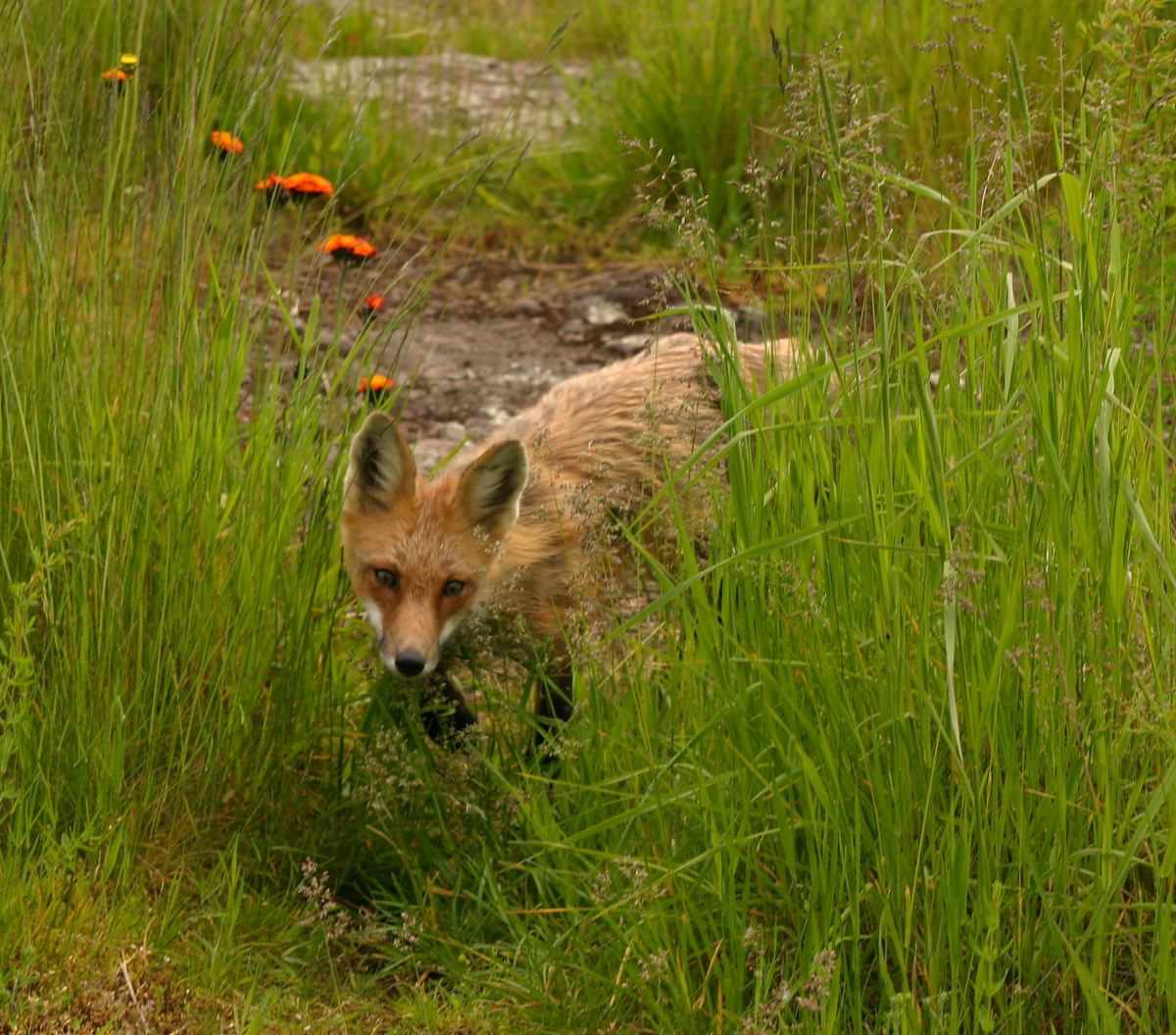
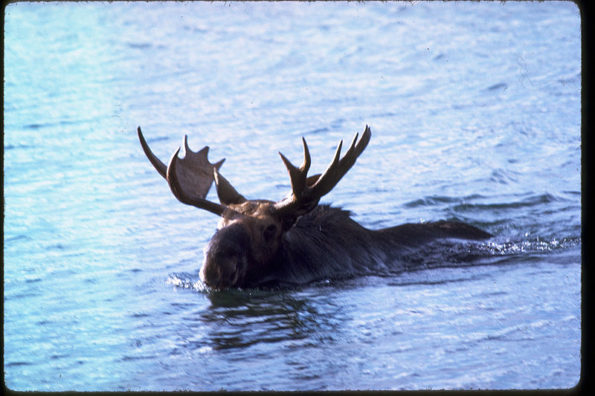
These walks filled me with renewed appreciation for Teddy Roosevelt for founding and funding the National Parks and for making them accessible to all Americans regardless of income level. As I was reveling in the beauty of the flora and fauna, I wondered why worrying about money consumed so much of my time when I wasn’t on back-woods trails. Making time to wander and wonder in Nature felt much more meaningful than spending so much time on the money trail—always looking for the next cashectomy.
To me, money has always been more of a problem to solve than a goal to achieve.
My wife and I have both worked hard our whole lives to pay our bills, send our kids to college, pay the mortgage, give to charitable causes, and go on vacations. My wife was a special education teacher for 40 years. I’ve had my own consulting business for 34 years. We have been very fortunate to live experience-rich lives. And yet we still fret that we will run out of funds before we run out of fun.
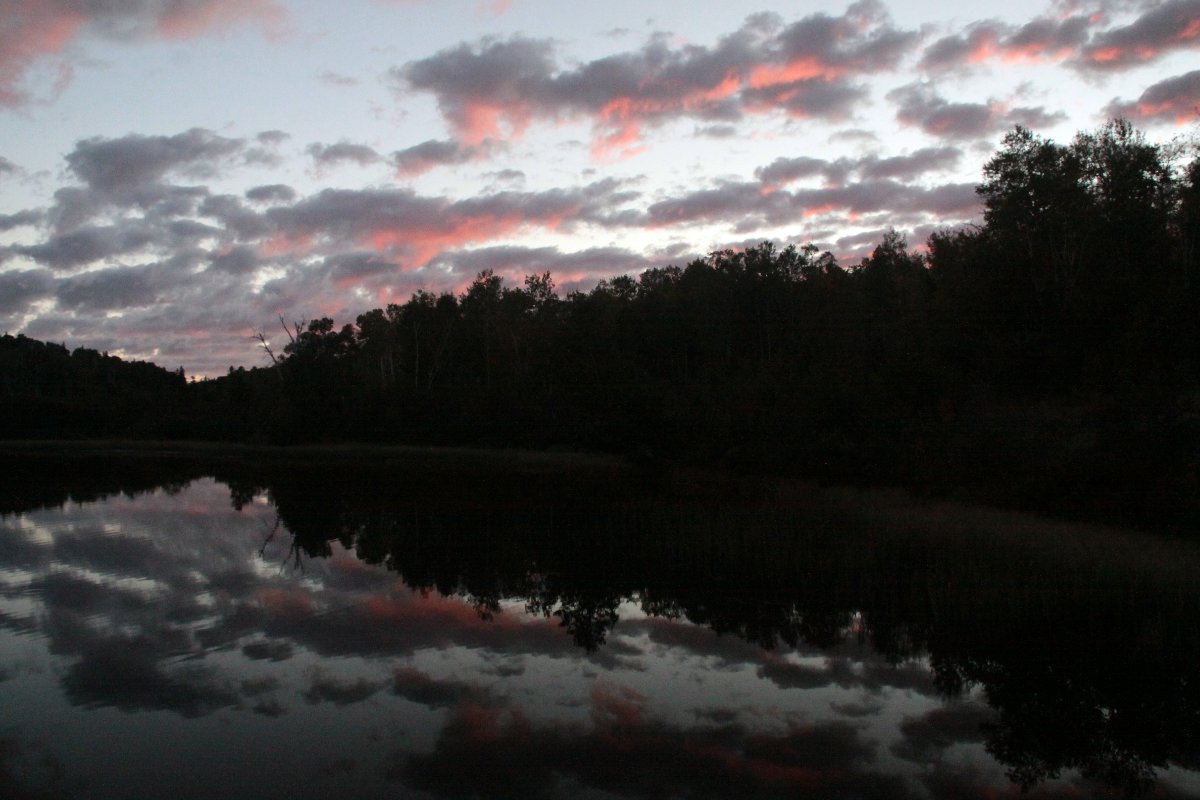
So, as is my nature, I researched what the philosophers say about money.
Schopenhauer (1788-1860) was sharply critical of materialistic behaviors, such as the love of money. Two quotes summarize his particular view well:
“Money is like sea-water: the more we drink the thirstier we become; and the same is true of fame”;
and:
“Money is human happiness in the abstract; he, then, who is no longer capable of enjoying human happiness in the concrete devotes himself utterly to money.”
Kierkegaard (1813-1855) explored the existential life choices people deal with over the course of their life. Not surprisingly, he had a dim view of money and its effect on the human character. Here’s a quote that reveals his thoughts about the subject.
“In the end, money will be the one thing people will desire. Nowadays a young man hardly envies anyone his gifts, his art, or the love of beauty; he only envies him his money. Give me the money, he will say, and I am saved. He would die under the impression that if only he had had the money he might really have lived and might even have achieved something great.”
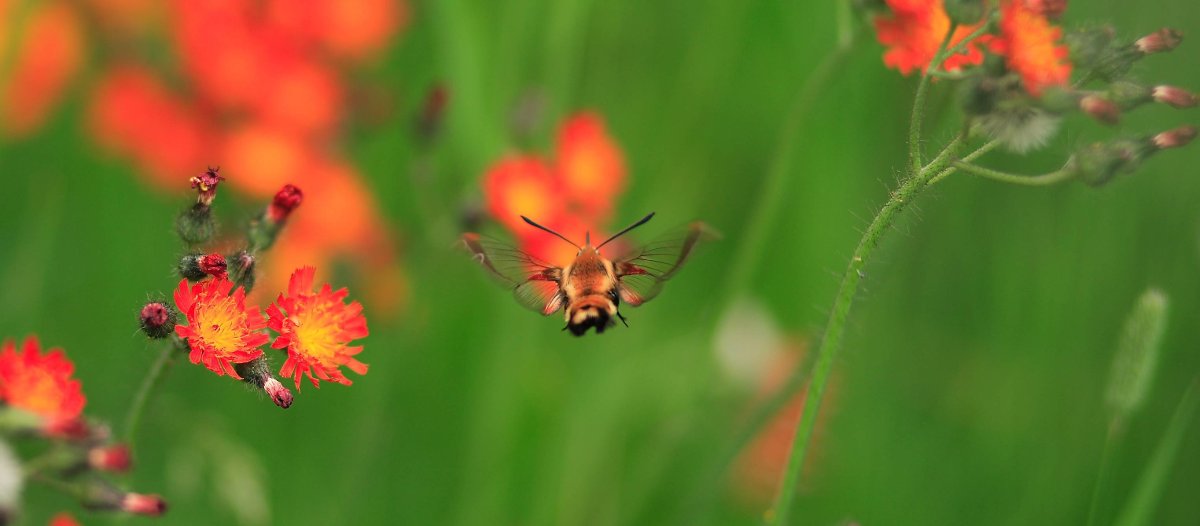
Nietzsche (1844-1900) called for the revaluation of all values. He says,
“Tell me: how did gold get to be the highest value? Because it is uncommon and useless and gleaming in its brilliance.”
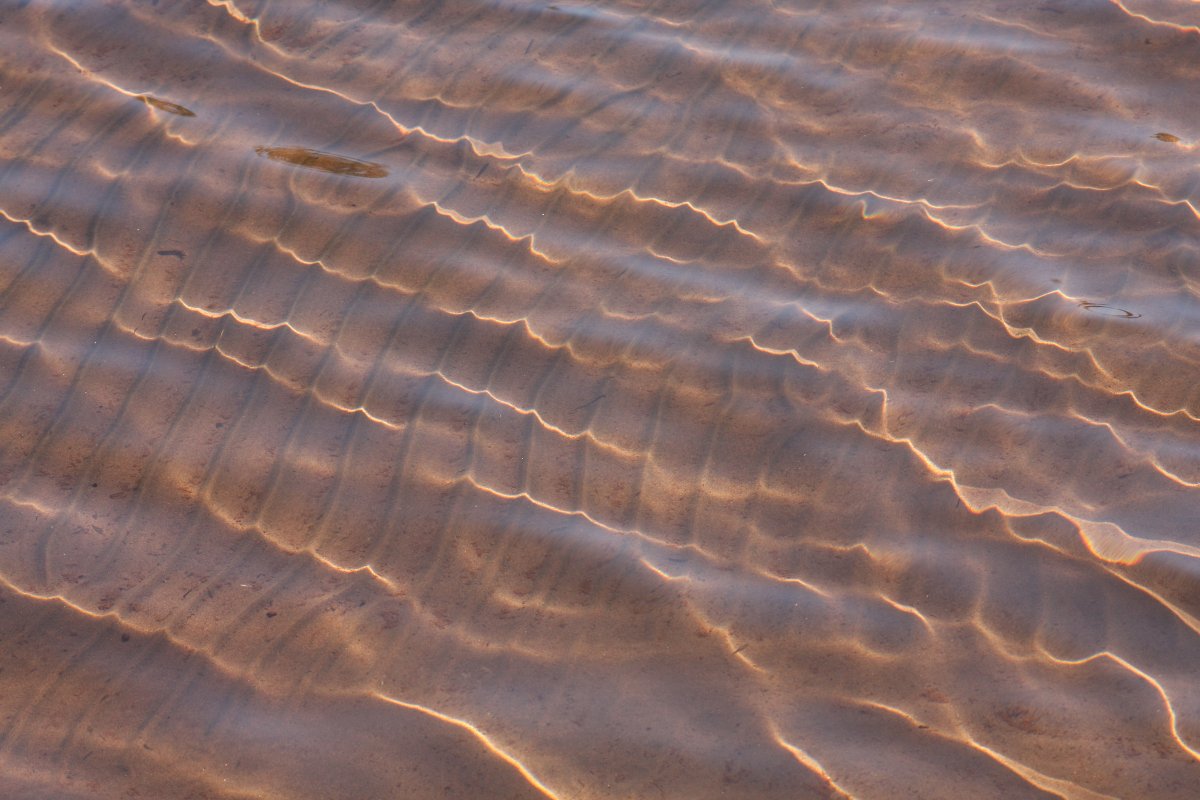
Clearly, this is not a new phenomenon. Lao-tzu, the Taoist sage, wrote The Way of Life 2,600 years ago. He said that craving for fame and wealth often resulted in moral depravity and personal destruction. Lao-tzu warned that
“the greatest of woes comes from not knowing contentment; the greatest of faults comes from craving for gains.”
He suggested that a sage is someone who not only loves Nature, but also lives according to his authentic nature—simplicity and spontaneity.
Chung-tzu, a later follower of Lao-tzu, used a vivid analogy to convey the message that contentment is in the very nature of all living beings. He wrote,
“Amid the exuberance of woods, a bird needs only one branch to build its nest; from the broad expanse of a deep river, a mouse drinks only enough to fill its stomach.”
So the big question is, why do humans take more than they need?
Why do we desire more than we need? Why do I choose to take another gig in a global corporation when I could be searching for another fig in the forest? For me, money becomes a problem when it becomes a goal. And, I admit that I have over-obsessed about building the bank account. Yes, I needed enough money to get to Isle Royale, pay for the three hour ferry ride, stay in a comfortable lodge (guilty as charged—I could have camped), and purchase enough food and water to fuel my hikes.
But when is enough enough and how much life do I miss while I’m accumulating more money for my life?
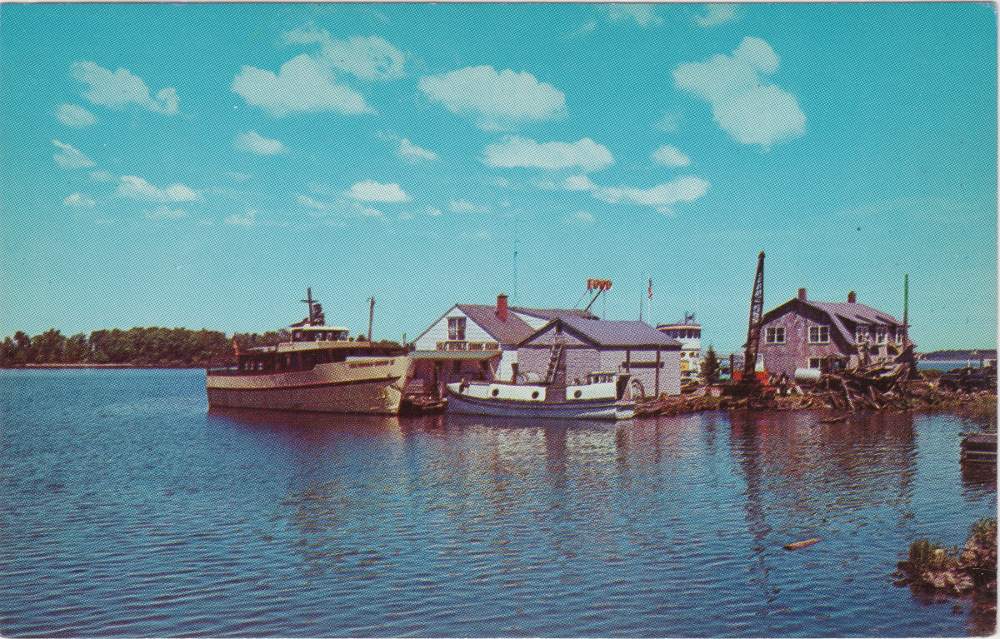
When I came off the trail, I visited the Information Center at the Isle Royale National Park and found two post cards that “quoted” the moose and the wolves (only two are left) in the park.
The wolf said:
Trust your instincts
Be at home in nature
Keep your den clean
Stand for what you believe
Stay on track
Howl with your friends
Be a leader
Pack life with good memories
The moose said:
Think big
Spend time in the woods
Eat plenty of greens
Hold your head up high
Keep your nose clean
It’s ok to be a little wild.
And remember what the bird said: “I only need one branch to build my nest.”
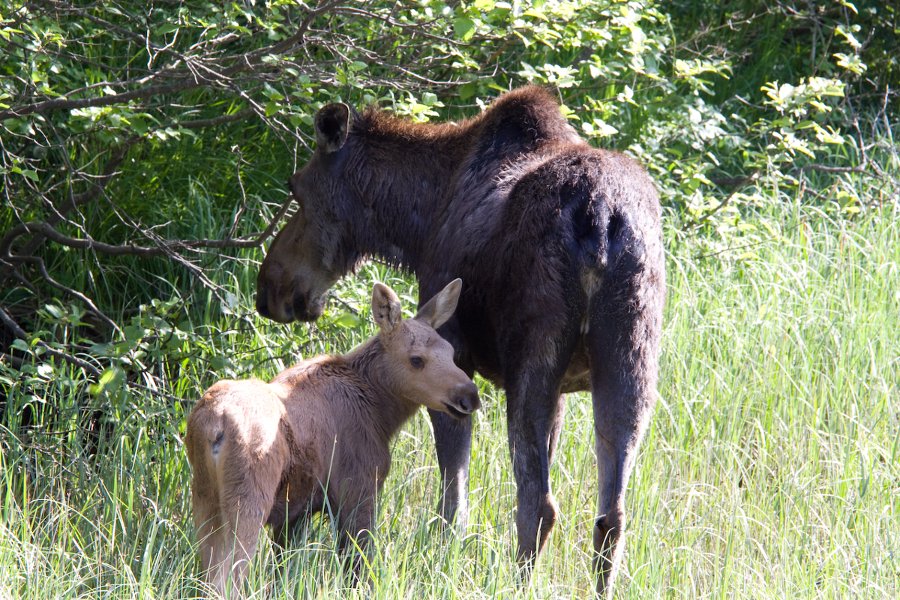
It seems to me that the bird, the wolf, and the moose are telling us as much or more about life than Schopenhauer, Kierkegard, and Nietzsche. The animals are living their life in nature and taking only what they need. The philosophers are living their life in Ivory Halls hoping their ideas will take seed. And we humans are trying to find our way in a materialistic jungle over-run with greed.
I guess the choice is that we can live our life in our heads and try to fill our pockets, or we can love our lives in Nature and try to avoid the docket,
i.e. getting thrown in jail for not paying our bills. The challenge is to find the right balance between materialism and meaning—the Tao of money.
Hmm, what do you say?
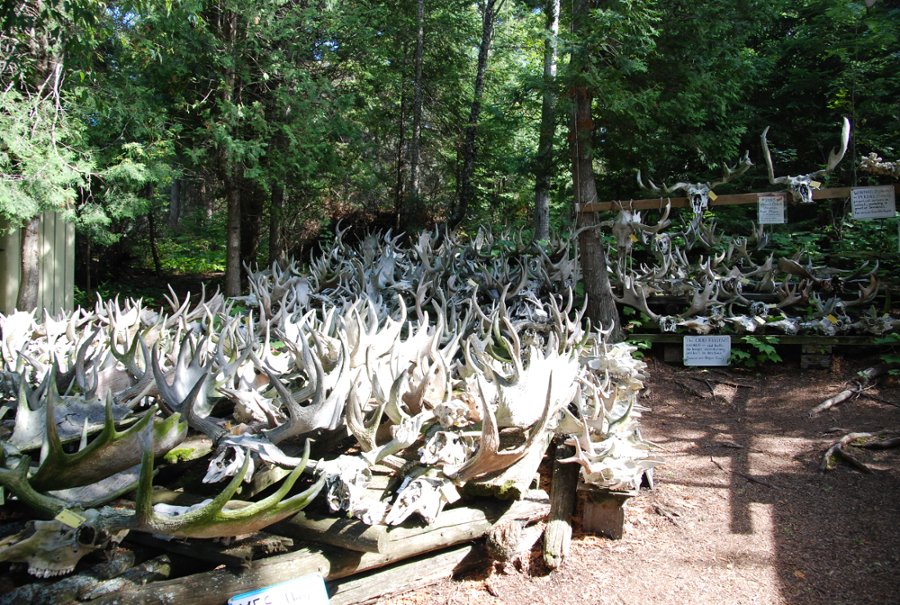
Also published on Medium.

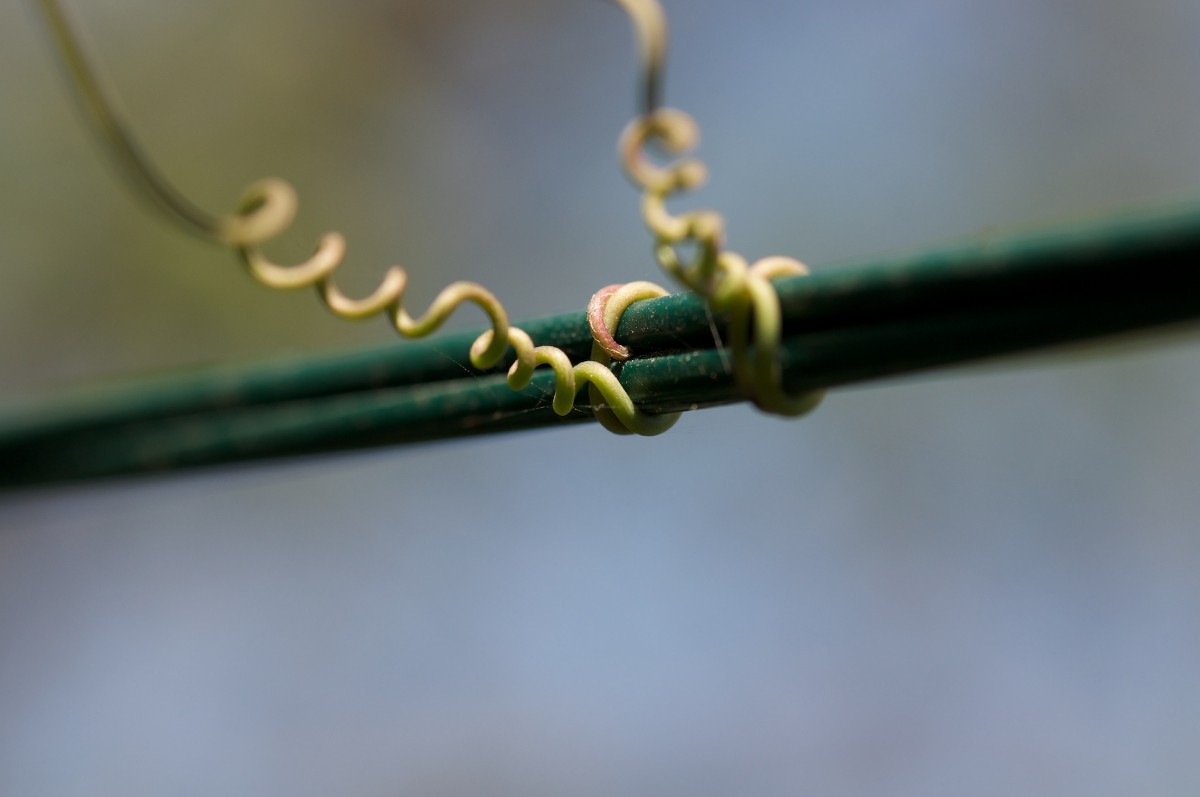
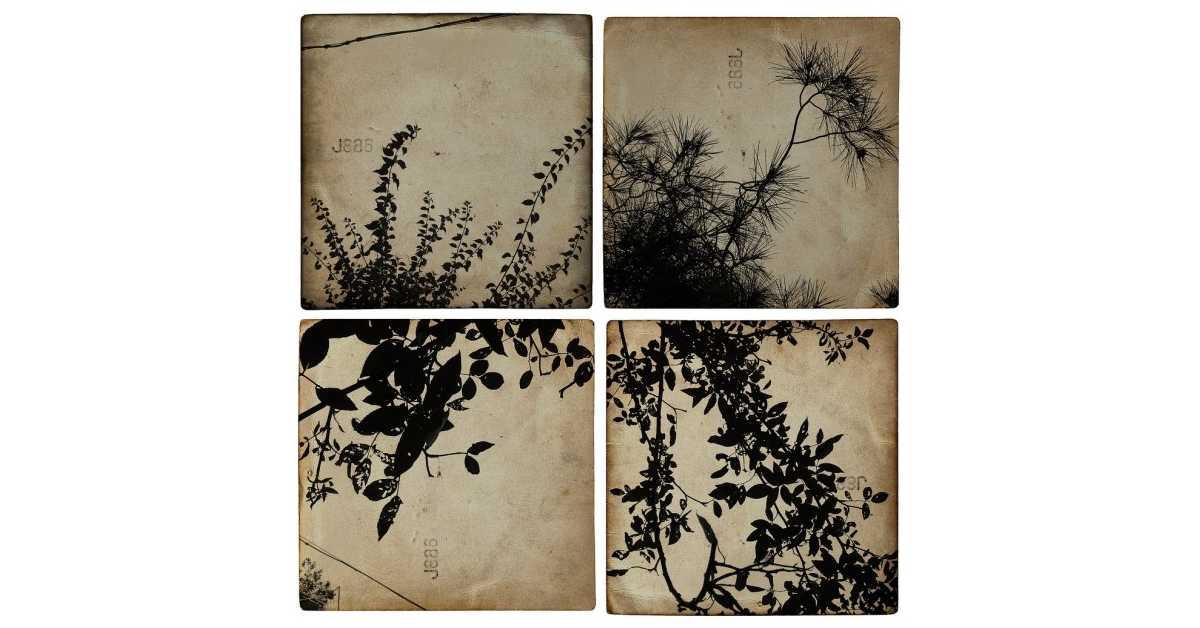
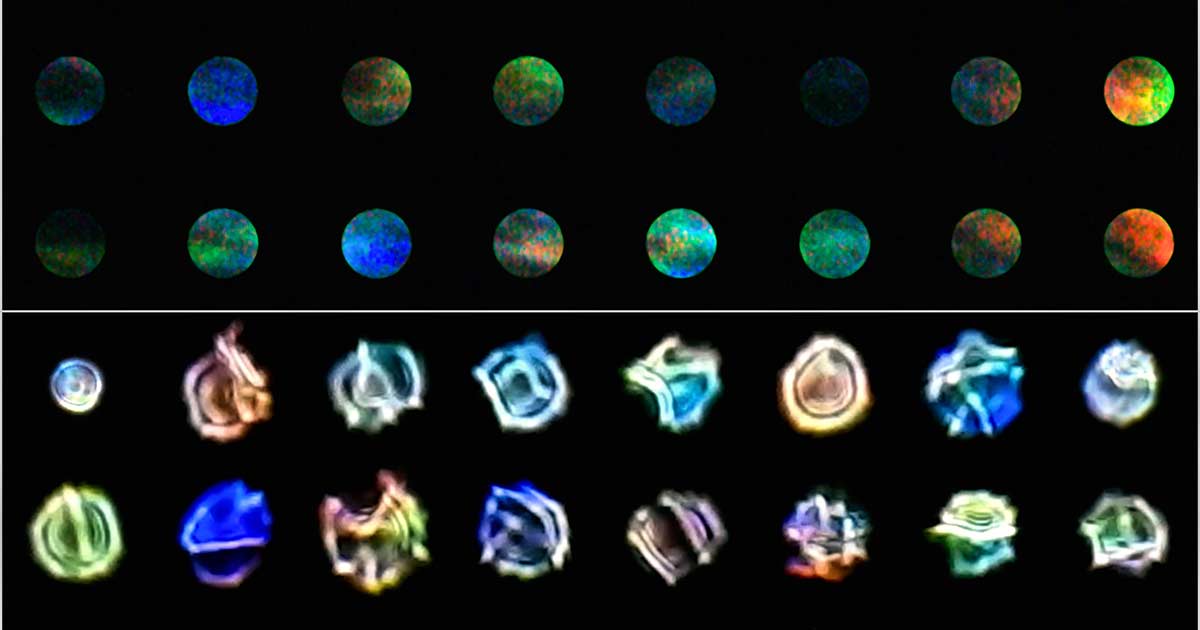
Love it Ricky (as always?)